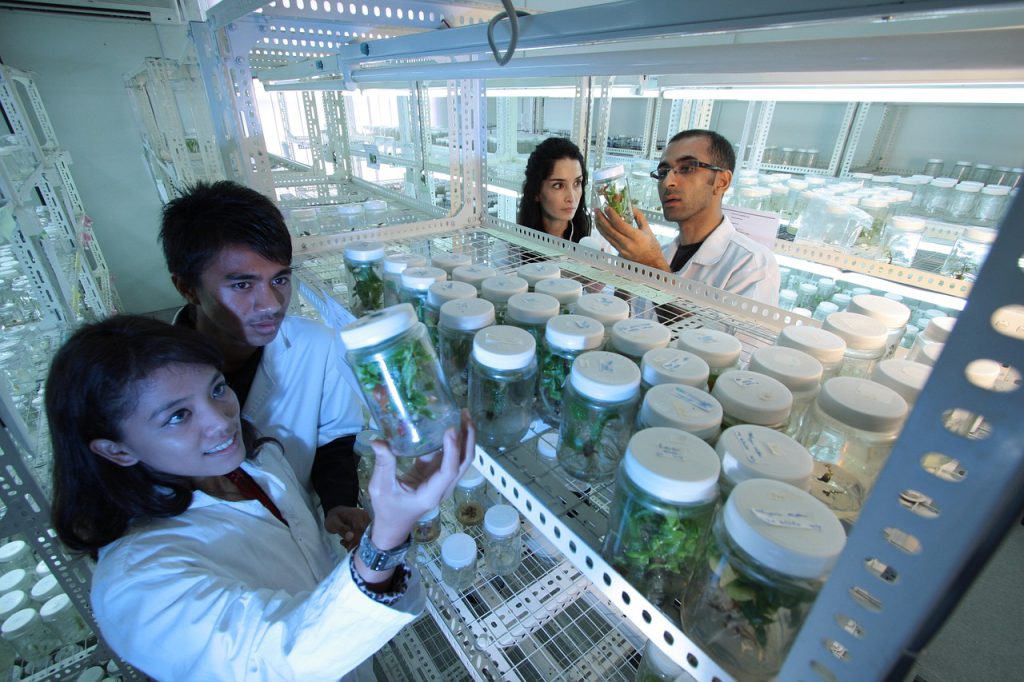The Latest Tech Innovations & Implications for Future
In today’s rapidly evolving world, technological innovations continue to reshape various industries and redefine the way we live, work, and interact. From advancements in artificial intelligence to breakthroughs in renewable energy, the latest tech innovations hold immense potential to revolutionize our future. In this blog post, we will explore some of the most exciting recent technological developments and their implications for the years to come.

Artificial Intelligence (AI) and Machine Learning (ML)
AI and ML have witnessed significant progress in recent years. Machine learning algorithms are becoming more sophisticated, enabling computers to analyze vast amounts of data and make complex decisions. This has paved the way for advancements in areas such as autonomous vehicles, natural language processing, and medical diagnosis.
Implications: As AI and ML technologies mature, they will continue to transform various sectors. Industries like healthcare, finance, transportation, and manufacturing will experience increased efficiency, improved decision-making, and new opportunities for innovation. However, ethical considerations regarding data privacy, algorithmic bias, and job displacement will require careful attention.
Internet of Things (IoT)
The Internet of Things refers to the network of interconnected devices embedded with sensors, software, and connectivity, enabling them to collect and exchange data. The proliferation of IoT devices has opened up possibilities for smart homes, smart cities, and industrial automation. With increased connectivity, devices can communicate and collaborate, creating a more efficient and interconnected world.
Implications: IoT has the potential to enhance sustainability, improve resource management, and streamline various processes. However, as more devices become connected, concerns related to data security, privacy, and potential vulnerabilities must be addressed to ensure a secure and resilient IoT ecosystem.
Blockchain Technology
Blockchain technology, initially associated with cryptocurrencies like Bitcoin, has evolved to find applications beyond digital currencies. Blockchain is a decentralized and immutable ledger that ensures transparency, security, and trust in transactions. It has gained recognition for its potential to revolutionize supply chain management, voting systems, and financial transactions.
Implications: Blockchain technology can reduce fraud, increase transparency, and enable peer-to-peer transactions without intermediaries. It holds promise for sectors such as banking, healthcare, and logistics. However, scalability, regulatory frameworks, and energy consumption remain challenges that need to be addressed for widespread adoption.
Renewable Energy and Sustainability
The urgent need to address climate change has accelerated the development of renewable energy technologies. Solar and wind power have become more affordable and efficient, making significant strides towards a greener future. Energy storage solutions, such as advanced batteries, are also advancing rapidly, enabling the integration of renewable energy sources into existing grids.
Implications: Widespread adoption of renewable energy sources can help mitigate the effects of climate change and reduce dependence on fossil fuels. However, challenges remain, such as optimizing energy storage, improving grid infrastructure, and ensuring a just transition for affected communities.
Augmented Reality (AR) and Virtual Reality (VR)
AR and VR technologies are transforming the way we experience digital content and interact with our surroundings. AR overlays virtual elements in the real world, while VR creates immersive virtual environments. These technologies have applications ranging from gaming and entertainment to training simulations and remote collaboration.
Implications: AR and VR have the potential to revolutionize various industries, including education, healthcare, architecture, and entertainment. They can enhance learning experiences, facilitate remote work, and create immersive entertainment content. However, challenges related to accessibility, content creation, and user comfort need to be addressed for wider adoption.
Conclusion
The latest tech innovations hold tremendous potential to reshape our future. Artificial intelligence, the Internet of Things, blockchain technology, renewable energy, and augmented/virtual reality are just a few examples of the transformative technologies that are driving progress in various sectors. However, alongside the numerous
benefits, ethical considerations, data privacy, security, and sustainability must be addressed to ensure responsible and inclusive adoption. As these technologies continue to evolve, a collaboration between researchers, policymakers, and industry leaders will be crucial in harnessing their potential for the greater good.

